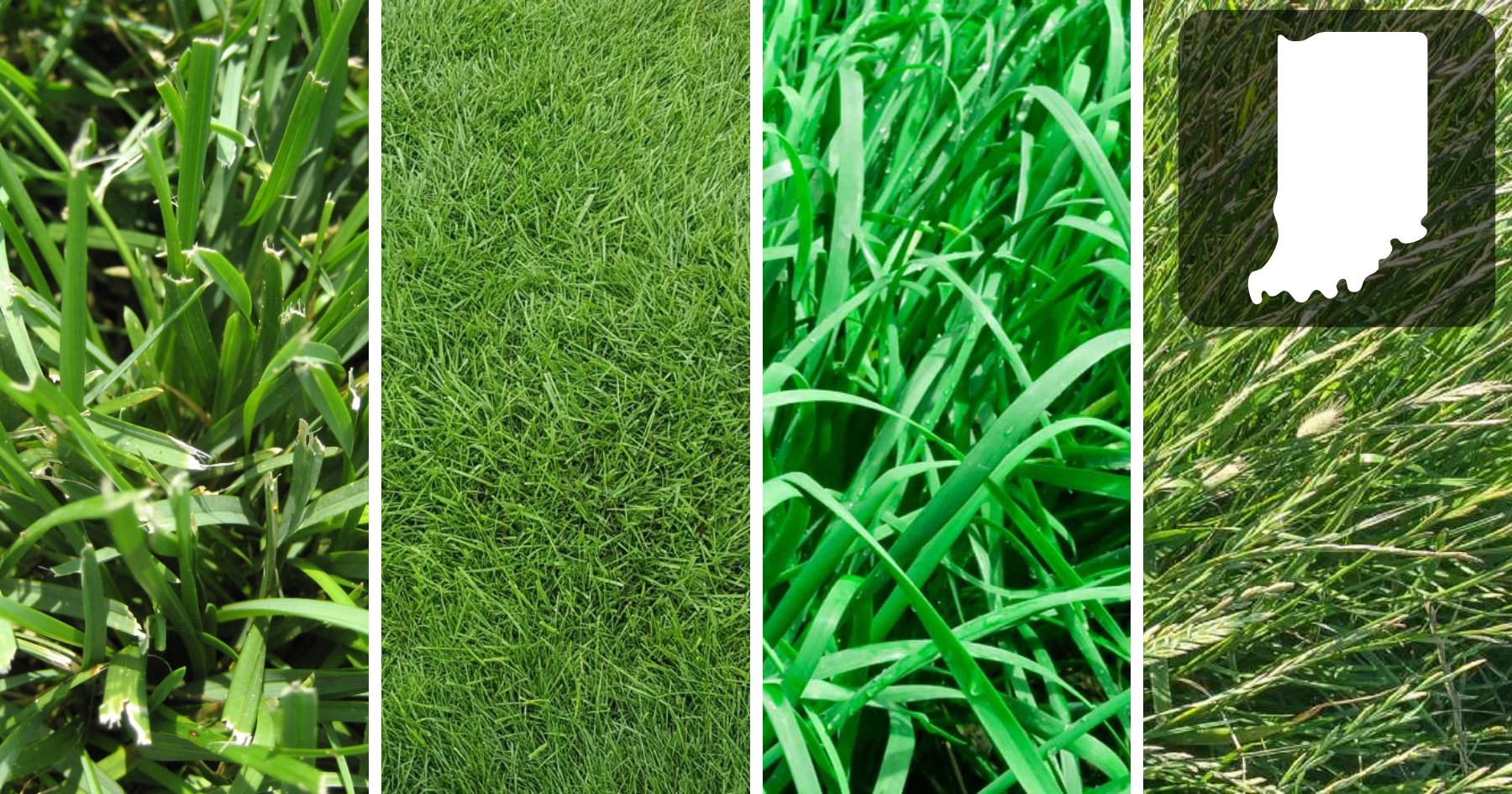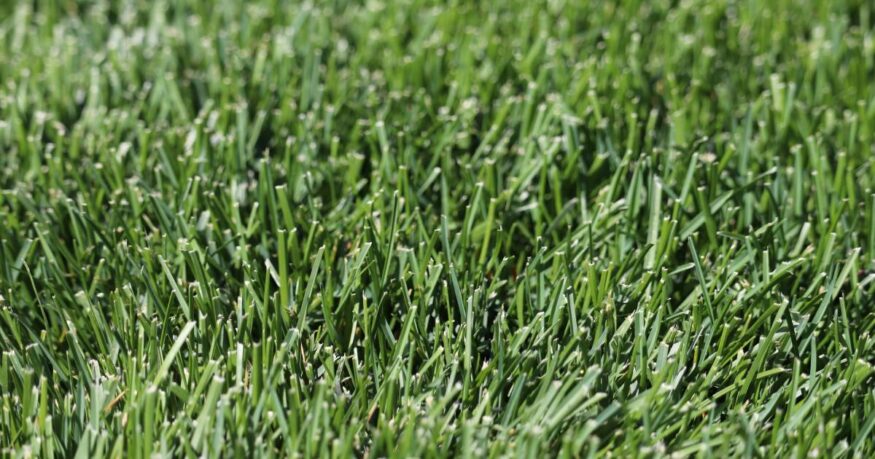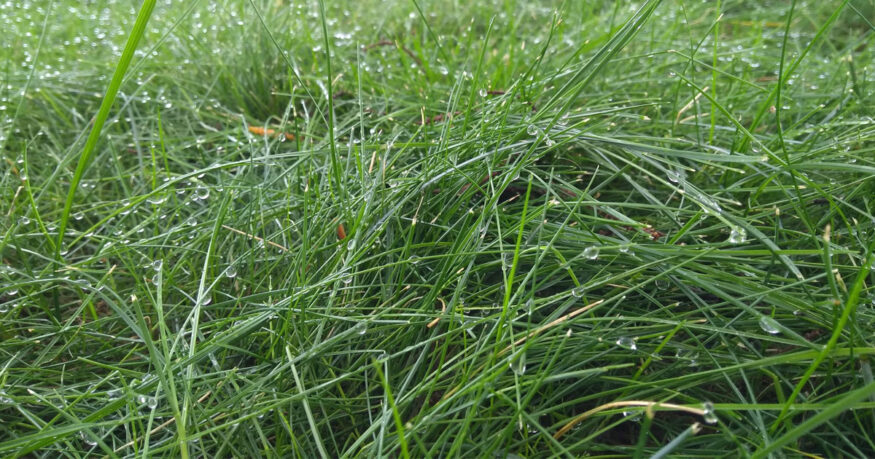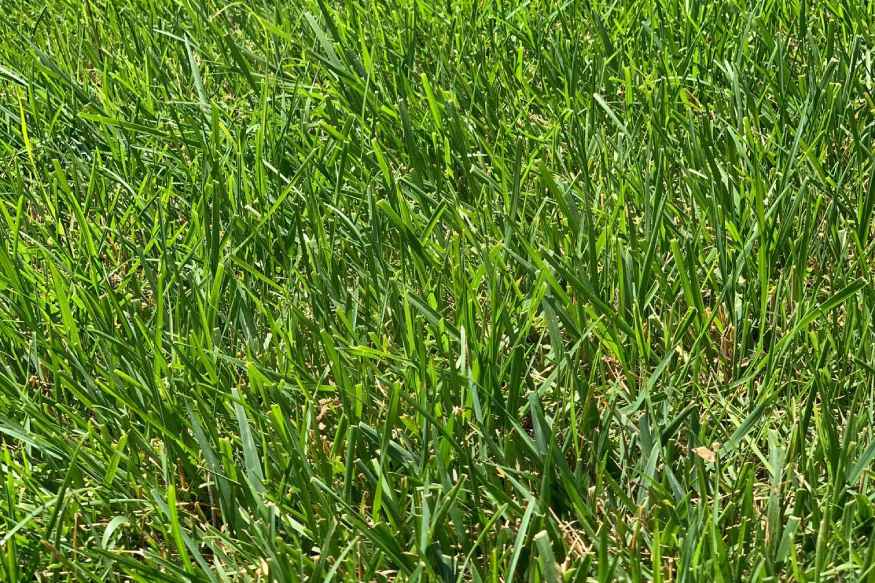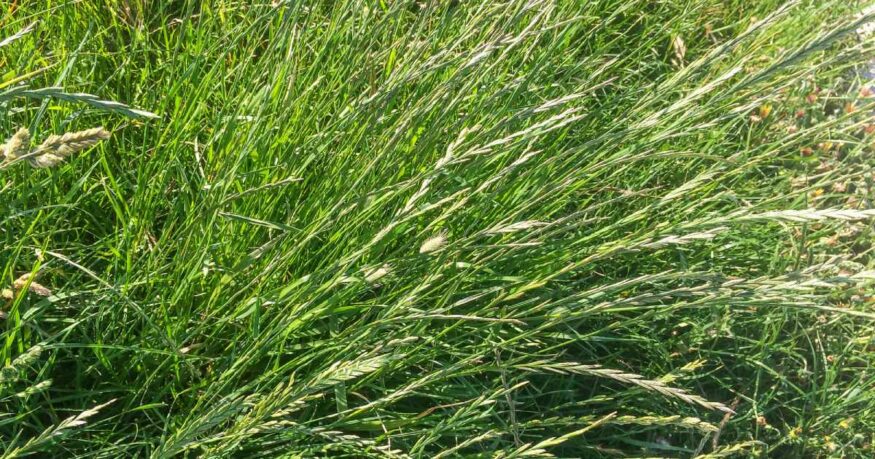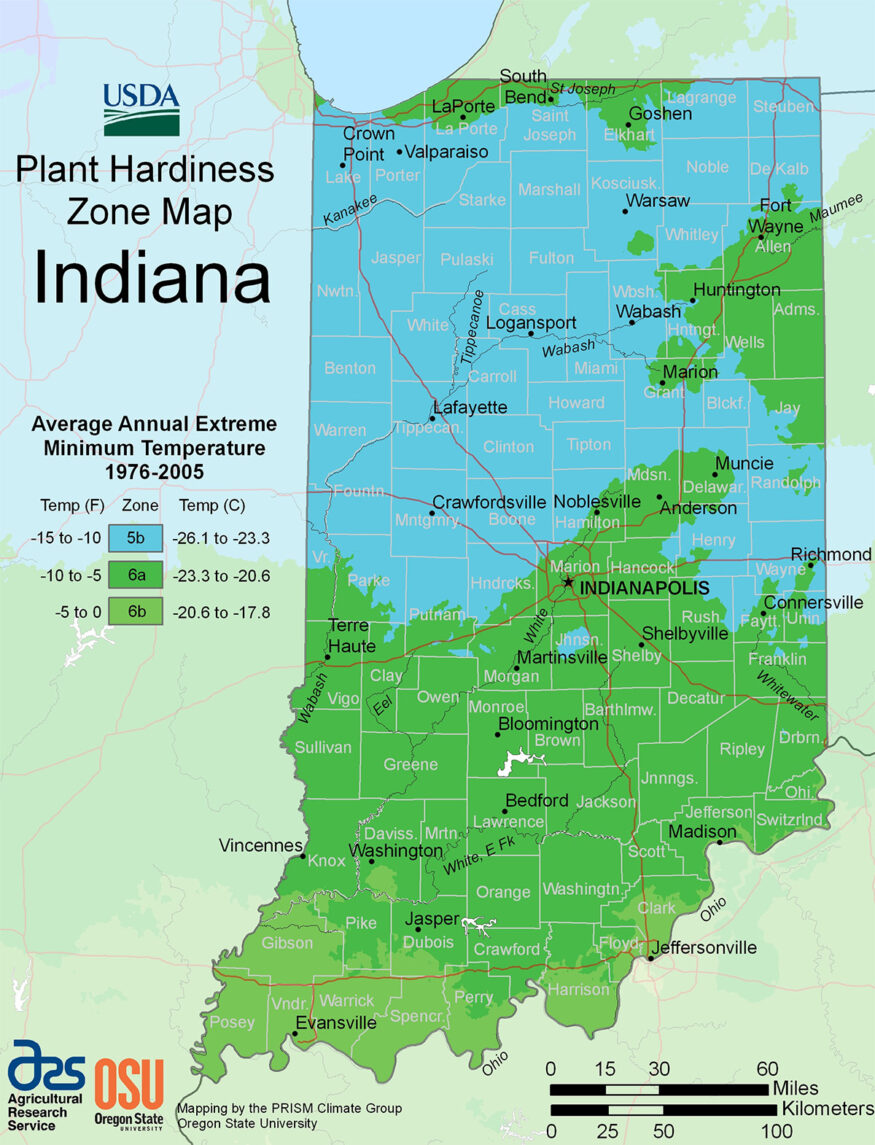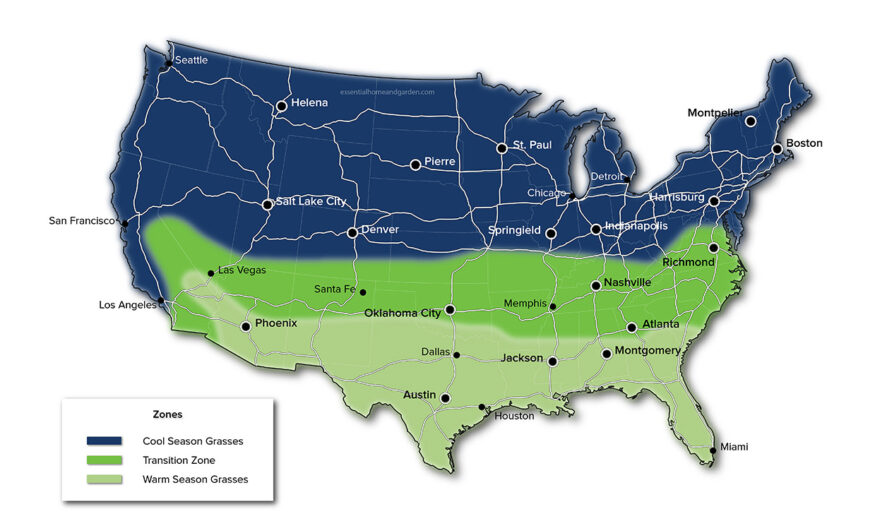Establishing and maintaining a lush, green lawn in Indiana can be a challenging endeavor, given the region’s diverse climate and soil conditions. Selecting the most suitable grass seed varieties is crucial for lawn enthusiasts, as it directly influences the lawn’s appearance, durability, and resistance to various environmental stressors.
Indiana experiences a distinct climate characterized by hot summers and cold winters, which necessitates selecting grass seed varieties that can withstand temperature extremes and thrive in various soil types. This article will discuss four grass seed varieties that are well-suited for Indiana’s climate: Kentucky Bluegrass, Fine Fescue, Tall Fescue, and Perennial Ryegrass.
Understanding the unique attributes and growth requirements of each grass seed variety is essential for homeowners to make informed decisions and create a vibrant lawn that serves as a personal oasis and symbol of liberation from the constraints of an ever-changing environment.
[ez-toc]
Kentucky Bluegrass
| Also Known As | Poa pratensis L. |
| Type of Grass | Cool season perennial |
| Optimal Zones | Northern cool season zone, transition zones |
| Root Structure | Shallow |
| Winter Hardiness | Excellent |
| Shade Tolerance | Poor to Good |
| Water Requirements | High |
| Drought Tolerance | Poor |
| Self Repair Capacity | Excellent |
| Overall Maintenance Requirements | High |
Why Kentucky Bluegrass is The Most Popular Choice For Indiana
Kentucky Bluegrass, a cool-season perennial grass seed, thrives in Indiana’s climate due to its dense, fine-textured root system, which enables it to withstand the region’s cold winters and flourish in areas with poor drainage. This grass type is well-adapted to Indiana’s environmental conditions, making it one of the best grass seed options for lawns in the state.
The grass seed also has a deep, extensive root system, allowing it to grow well in full sun, though some cultivars tolerate light shade. Its slow establishment by seed is offset by its availability as sod, and its pleasing dark green color, fine texture, and excellent mowing qualities make it a popular choice for homeowners in Indiana.
To maintain a high-quality lawn with Kentucky Bluegrass, it is essential to follow proper care instructions.
Here are some tips:
- Mow the grass at a height of 2.5 to 3 inches, removing no more than one-third of the leaf blade at each mowing
- Water the grass deeply and infrequently, applying about one inch of water per week during the growing season
- Fertilize the grass with a balanced fertilizer, applying about 3 to 4 pounds of nitrogen per 1000 square feet per year
- Aerate the soil once or twice a year to improve air and water movement in the root zone
- Control weeds by applying pre-emergent or post-emergent herbicides as needed, following the label directions carefully
Choosing the best grass seed for Indiana lawns depends on various factors, such as soil type, drainage, and maintenance requirements. Kentucky Bluegrass is an ideal option for lawns that receive high traffic or need to recover from damage quickly, as it spreads by rhizomes. However, it is not recommended for lawns with sandy soils and poor drainage, as it requires good drainage to thrive.
In addition, Kentucky Bluegrass may decline in quality during hot and dry summers, as it is sensitive to heat and drought stress. Mowing and fertilizing the grass regularly can help protect it from heat and promote new growth, ensuring a lush, green lawn throughout the year.
Looking for the best grass seed for your region?
Our smart lawn plans are designed to work perfectly with your local soil and climate conditions, without any of the toxic stuff.
Use the code EHG20 for an instant $20 discount!
- Personalized lawn care: Custom lawn plans based on soil analysis, climate data, and your specific lawn needs.
- Convenience with a conscience: Products that are not only easy to use but also safe for you, your pets, and the planet.
- Science-backed formulas: Bio-based formulas contain effective, natural ingredients like seaweed, molasses, and iron.
- Expert support: Get one-on-one guidance from a real person and rest easy with Sunday's satisfaction guarantee.
Fine Fescue
| Also Known As | Hard fescue, strong creeping red fescue, slender creeping red fescue, sheep fescue, chewings fescue; Festuca L. |
| Type of Grass | Cool season perennial |
| Optimal Zones | Northern zones |
| Root Structure | Medium |
| Winter Hardiness | Excellent |
| Shade Tolerance | Excellent |
| Water Requirements | Medium to High |
| Drought Tolerance | Excellent |
| Self Repair Capacity | Limited |
| Overall Maintenance Requirements | Low |
What Makes Fine Fescue A Great Grass For Indiana
Adapted to Indiana’s climate, Fine Fescue thrives as a cool-season perennial grass, offering low maintenance requirements and compatibility with shaded environments. This turfgrass has a narrow leaf width and fine texture, giving it a soft, visually appealing appearance.
With its low fertilizer needs and ability to tolerate drought and poor soils, Fine Fescue has become one of the best grass seed options for Indiana homeowners seeking a resilient and attractive lawn.
In addition to its adaptability and low maintenance needs, Fine Fescue can also blend well with other popular lawn grasses, such as Kentucky Bluegrass and Perennial Ryegrass. This compatibility allows Indiana homeowners to create a lawn that is not only visually appealing but also capable of withstanding varying environmental conditions.
However, it is important to note that Fine Fescue may not be suitable for high traffic areas due to its wear tolerance limitations, and it can be susceptible to certain diseases such as red thread and dollar spot.
To ensure optimal lawn care and maintain the beauty of Fine Fescue, it is recommended to:
- Mow at a height of 2 to 3 inches
- Water the turf deeply but infrequently
- Aerate the soil once a year
- Apply a slow-release fertilizer in the spring and fall for optimal growth
By following these guidelines, Indiana homeowners can enjoy a lush, healthy, and attractive Fine Fescue lawn that complements the state’s unique climate and landscape.
Tall Fescue
| Also Known As | Lolium arundinaceum (formerly Festuca arundinacea) |
| Type of Grass | Cool season perennial |
| Optimal Zones | Northern through transition zones |
| Root Structure | Deep |
| Winter Hardiness | Excellent |
| Shade Tolerance | High |
| Water Requirements | Medium to High |
| Drought Tolerance | Excellent |
| Self Repair Capacity | Limited |
| Overall Maintenance Requirements | Low |
Why Tall Fescue Is a Great Lawn Choice
Tall Fescue, a cool-season perennial grass, is well-suited for Indiana’s climate thanks to its deep root system, drought tolerance, and low maintenance requirements. Its ability to grow in poorly drained areas makes it an ideal choice for homeowners seeking a resilient lawn.
Additionally, Tall Fescue’s moderate shade tolerance and ability to handle foot traffic further contribute to its suitability for Indiana lawns.
To keep your Tall Fescue lawn healthy, follow these basic guidelines:
- Mow at a height of 3-4 inches and leave clippings on the lawn to provide nutrients
- Water deeply and infrequently to encourage root growth
- Apply a slow-release nitrogen fertilizer in the fall
- Aerate your lawn in the spring or fall
- Overseed in the fall to maintain a lush, green lawn
However, Tall Fescue may not blend well with other grass types, such as Kentucky bluegrass or fine fescue, due to its coarser texture and darker green color.
Perennial Ryegrass
| Also Known As | Lolium perenne L. |
| Type of Grass | Cool season perennial |
| Optimal Zones | Mild northern zones |
| Root Structure | Deep |
| Winter Hardiness | Good to excellent |
| Shade Tolerance | Moderate |
| Water Requirements | High |
| Drought Tolerance | Good |
| Self Repair Capacity | Excellent wear tolerance |
| Overall Maintenance Requirements | Moderate to high |
Why Perennial Ryegrass Is a Popular Grass seed Choice
Perennial Ryegrass, another cool-season perennial grass, offers numerous advantages for homeowners in northern Indiana, including drought tolerance, shade tolerance, and rapid establishment. Its compatibility in appearance with Kentucky bluegrass, the most popular grass species for home lawns in the region, adds to its appeal as one of the best grass choices for Indiana.
The fine-medium texture, dark green color, and excellent mowing qualities of perennial ryegrass make it a highly desirable and practical turf option for homeowners seeking an attractive and low-maintenance lawn.
When considering the best grass seed for Indiana, it is essential to assess the specific conditions of the planting area. Perennial ryegrass thrives in well-drained soils but may struggle in sandy soils with poor drainage. However, homeowners can mitigate this challenge by incorporating sand into the planting area to improve drainage.
Additionally, while perennial ryegrass can tolerate some shade, its performance may decline in full sun when mowed frequently. To maximize the health and appearance of the turf, mixing perennial ryegrass with other grasses like Kentucky bluegrass or tall fescue is recommended.
Despite its susceptibility to disease and poor freezing tolerance when exposed to harsh conditions, perennial ryegrass remains a popular grass seed choice for homeowners in northern Indiana. By following basic care instructions, such as mowing at the appropriate height, watering deeply and infrequently, fertilizing with a balanced formula, aerating annually, and overseeding in the fall, it is possible to maintain a thick and healthy lawn using perennial ryegrass.
As a result, those seeking a practical, visually appealing, and regionally suitable grass variety should consider perennial ryegrass as a top contender for their Indiana lawns.
Indiana’s Climate Conditions and Growing Challenges For Lawns
The diverse climate and growing conditions in Indiana present unique challenges for maintaining healthy and attractive lawns throughout the state. With a humid climate and wide range of temperatures, grass seed selection is crucial to establish a lawn that can withstand both the heat and drought stress in the summer months and the freezing and thawing cycles of the winter season.
Soil types in Indiana vary from clay to sand, loam to silt, affecting drainage, nutrient availability, pH level, and water retention, all factors that influence grass growth and health. To overcome these growing challenges, Indiana homeowners need to choose the best grass seed for their specific region and soil conditions.
Cool-season grasses, such as Kentucky bluegrass, fine fescue, tall fescue, and perennial ryegrass, are typically the best option for most areas of the state due to their hardiness and ability to recover from stresses. However, southern Indiana may benefit from warm-season grasses like zoysia grass, which are more drought-tolerant and require less maintenance, though they may brown out during winter months.
Careful attention to lawn maintenance practices such as mowing, watering, fertilizing, aerating, and weed control is essential to ensure the health and appearance of Indiana lawns, regardless of the grass seed used. Timing the planting of grass seed is also important, with late summer or early fall being the ideal time for seeding, as warmer soil temperatures and consistent rainfall support faster germination and deeper root establishment.
Overall, understanding Indiana’s climate and growing challenges is key to selecting the right grass seed and maintaining a lush, attractive lawn throughout the state.
Looking for the best grass seed for your region?
Our smart lawn plans are designed to work perfectly with your local soil and climate conditions, without any of the toxic stuff.
Use the code EHG20 for an instant $20 discount!
- Personalized lawn care: Custom lawn plans based on soil analysis, climate data, and your specific lawn needs.
- Convenience with a conscience: Products that are not only easy to use but also safe for you, your pets, and the planet.
- Science-backed formulas: Bio-based formulas contain effective, natural ingredients like seaweed, molasses, and iron.
- Expert support: Get one-on-one guidance from a real person and rest easy with Sunday's satisfaction guarantee.
